Harman calls for licence fee review
- Published
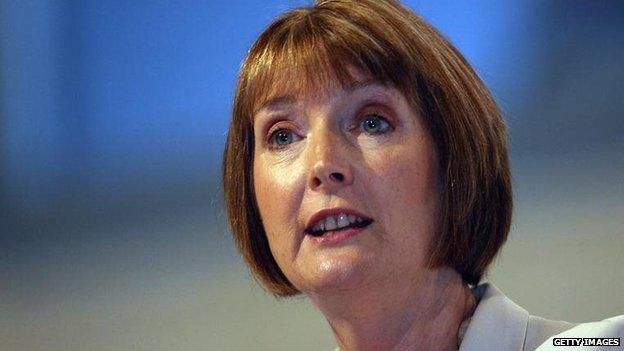
Harriet Harman is also shadow Culture Secretary
Labour's deputy leader, Harriet Harman, says the BBC should investigate alternatives to the licence fee, in case a better option exists.
She told Total Politics magazine, external that the licence fee was a means to an end, not an end in itself.
She said if there was "a better way" to secure independence from the government, "let's hear about it".
Her comments came a day after comedy producer Armando Iannucci advocated a subscription-based BBC.
"The BBC would make a fortune if it ran as a subscription service abroad. It's revered across the world, and rightly so," tweeted Iannucci, external, who co-created Alan Partridge and The Thick Of It.
"Money made from subscriptions abroad would fund even better programmes at home and take pressure off falling licence fee collection.
"If the international model works, (the) BBC could replace licence fee at home with a subscription fee, set lower than current licence fee."
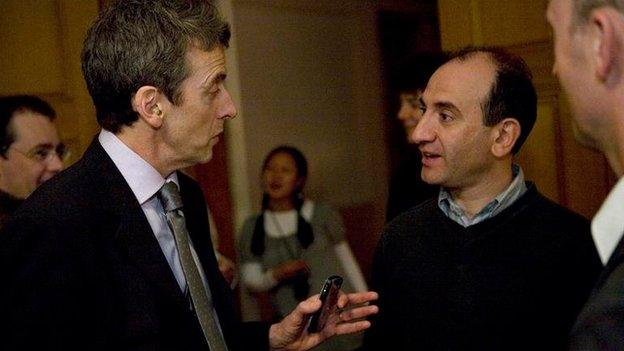
Armando Iannucci (right) wrote and directed political satire The Thick Of It, and currently works on the HBO series Veep
The debate over the funding of the BBC is set to intensify as the corporation opens negotiations with the government over the licence fee, which is currently set at £145.50.
It was frozen at that figure in the last deal it made with the government in 2010, but the agreement runs out in 2016.
In preparation for the new talks, the BBC commissioned an internal report into future funding models, but concluded that the licence fee was still the most viable option.
It intends to argue for the fee to be linked to inflation from 2020, while making more money from its commercial ventures.
Meanwhile, calls for a voluntary subscription fee were rejected in January, with the BBC saying such a scheme would have "significant drawbacks".
It argued that the model - where users only pay for the services they want - would lead to increased costs, excluding the less well-off.
'Ideological attack'
Ms Harman, who is also the shadow culture secretary, acknowledged that the search for an alternative had proved fruitless in the past.
"It's not easy to see what would be better than the licence fee," she said, "but that doesn't mean it actually shouldn't be looked at.
"What we are absolutely not up for is a kind of ideological attack on the BBC because it is a public sector broadcaster."
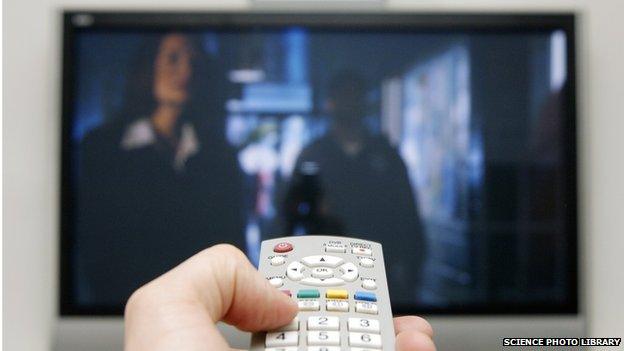
The BBC is about to start parliamentary negotiations over the future of the licence fee
She also warned that the appointment of a new BBC Trust chairman should be above party politics.
The role was advertised last week, but some newspapers have reported, external that the government has already approached Lord Coe, the Conservative peer who led the London Olympics, about replacing Lord Patten, who stood down on health grounds last month.
Ms Harman did not comment directly on Lord Coe, but said she had written to the culture secretary, Sajid Javid, expressing concerns over a partisan appointment.
"It's one of those appointments that needs to be done not on a party political basis, and therefore a big responsibility falls on him to act in the public interest, not in a partisan way, so we've written to him to urge him not to behave like that.
"It's a very important appointment at a very critical time for the BBC."
Job losses
The 2010 freeze in the licence fee was combined with the BBC taking financial responsibility for the Foreign Office-funded World Service, BBC Monitoring and some of the costs of Welsh language TV channel S4C in 2010.
It represented a 16% cut in real terms, and resulted in a series of cost saving measures and redundancies.
On Tuesday, Forbes reported a further 600 staff were facing job losses, external over the next two years, with the majority coming from the newsroom.
The BBC refused to confirm the story, saying in a statement: "We're working at present to deliver savings of £800m a year by 2016/17 and we have said that there are difficult decisions ahead of us.
"Whilst we need to make savings, it would be wrong to comment on speculation."
- Published31 March 2014

- Published25 March 2014
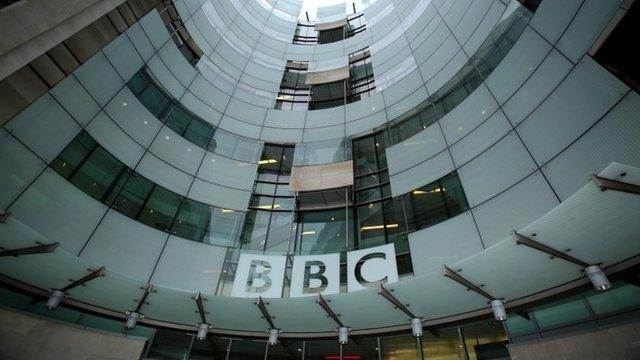
- Published12 March 2014
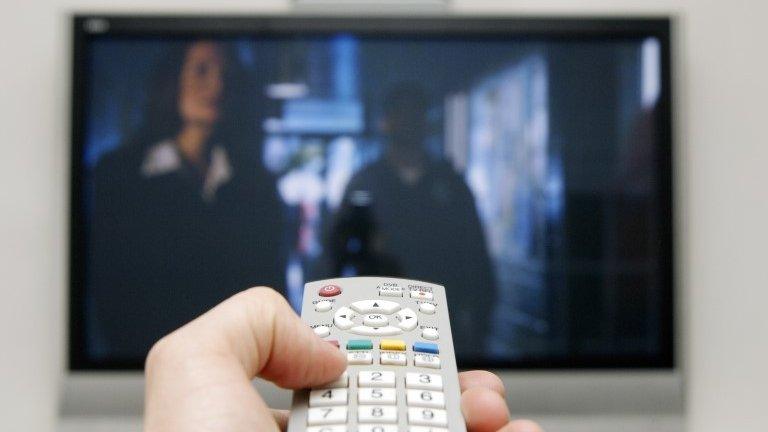
- Published24 February 2014
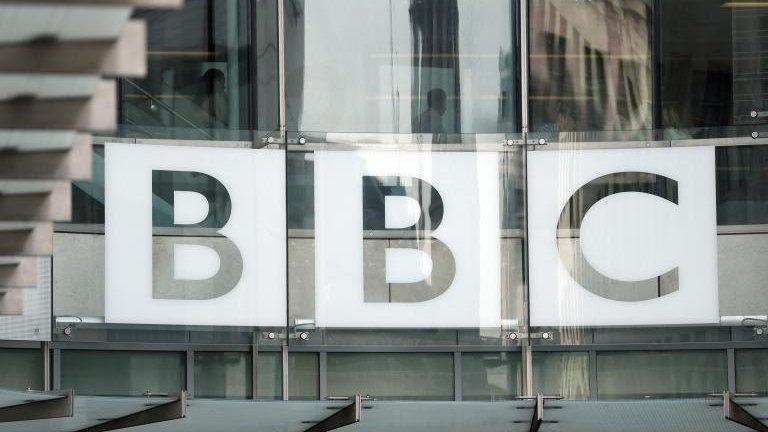
- Published2 January 2014
